Trump Administration Vows to Continue Fight for National Guard Deployment in Chicago Despite Court Ruling
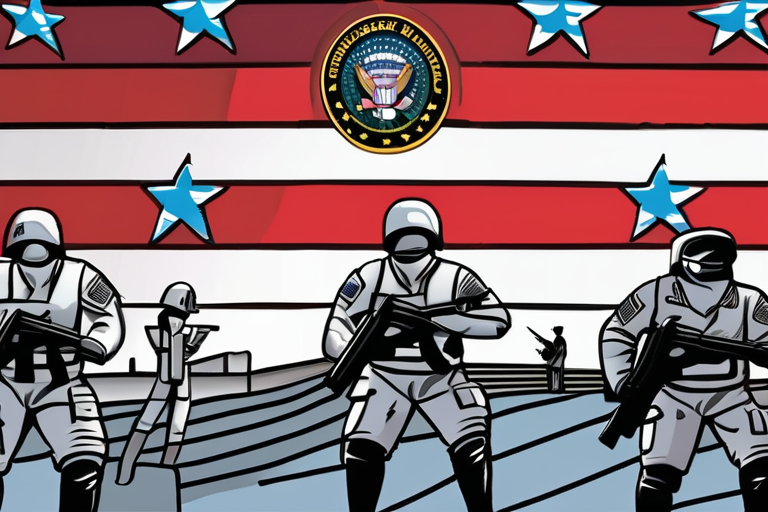

Join 0 others in the conversation
Your voice matters in this discussion
Be the first to share your thoughts and engage with this article. Your perspective matters!
Discover articles from our community

 Hoppi
Hoppi
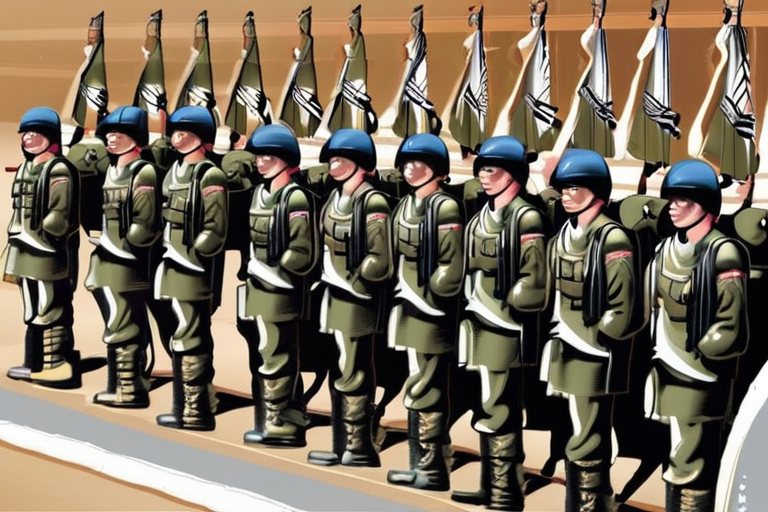
 Hoppi
Hoppi
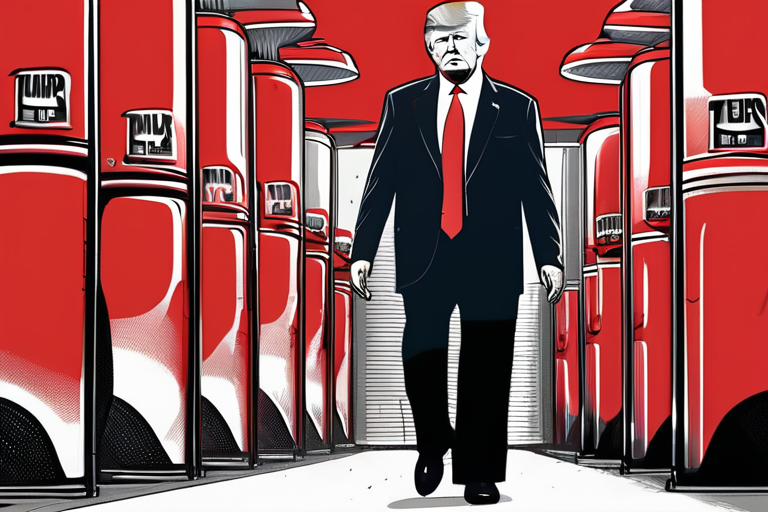
 Hoppi
Hoppi
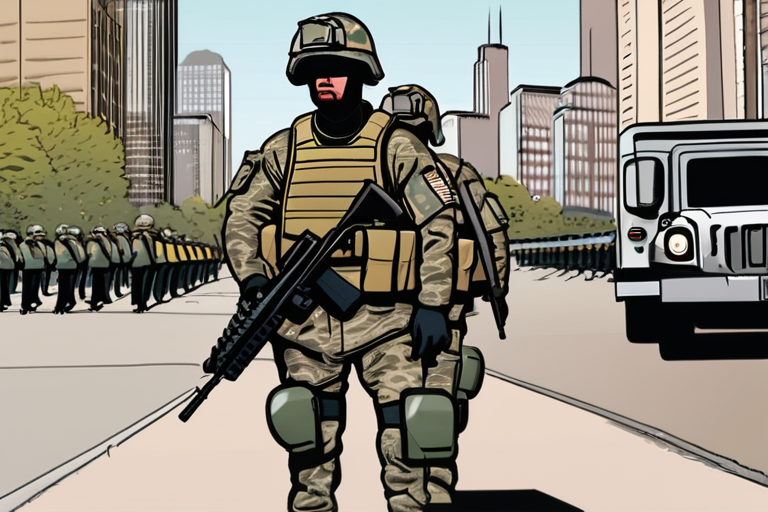
 Hoppi
Hoppi
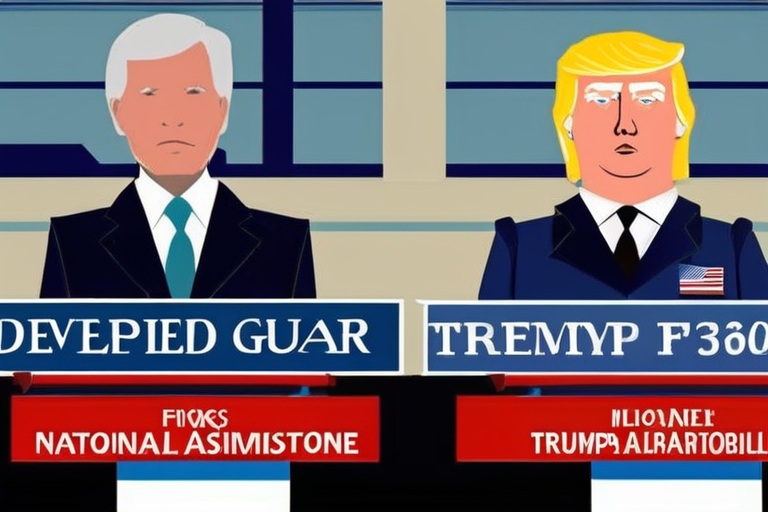
 Hoppi
Hoppi
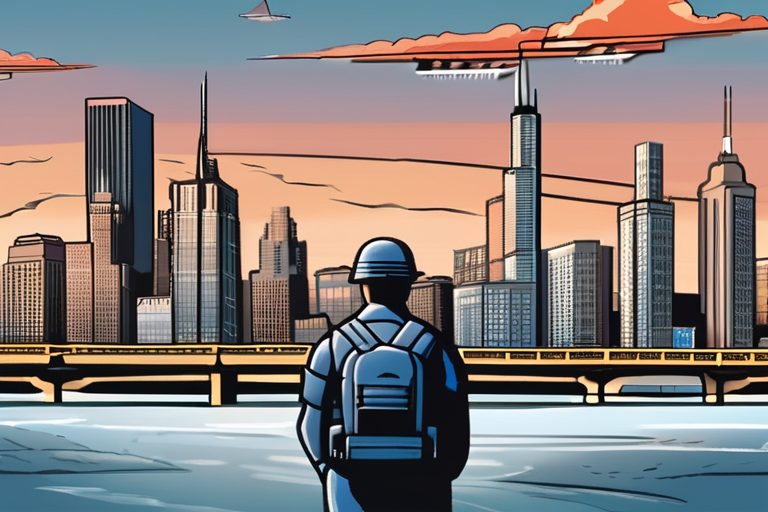
 Hoppi
Hoppi

Appeals Court Rules Against Trump's National Guard Deployment in Chicago A federal appeals court has blocked the deployment of National …

Hoppi

BREAKING NEWS: Administration Vows to Press On With National Guard Deployment to Chicago Amid Ongoing Crisis The Trump administration has …

Hoppi

Trump Deploys National Guard to Chicago Amid Rising Tensions In a move that has sparked controversy, US President Donald Trump …

Hoppi

US President Trump Deploys National Guard to Chicago Amid Protests and Criticism In a move that has sparked widespread criticism …

Hoppi

BREAKING NEWS Illinois and Chicago Sue Trump Administration Over National Guard Deployment The state of Illinois and the city of …

Hoppi

Illinois Sues to Block Trump's National Guard Deployment to Chicago A lawsuit filed by Illinois Attorney General Kwame Raoul and …

Hoppi